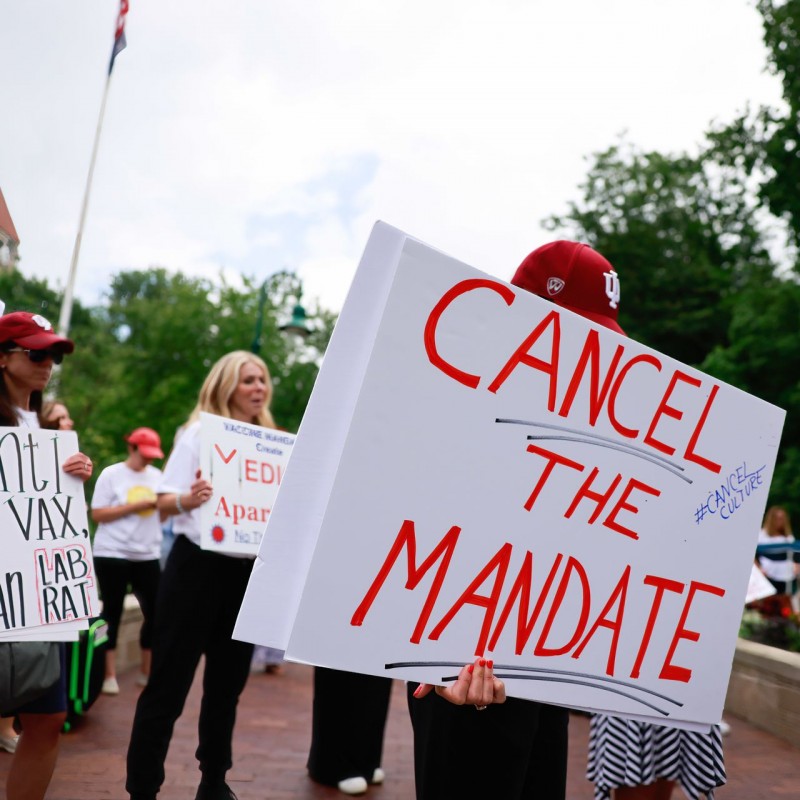
The Supreme Court on Thursday declined to block a COVID-19 vaccine mandate at Indiana University, clearing the way for school officials to require students and faculty members to be vaccinated. Associate Justice Amy Coney Barrett rejected a request from Indiana University students for emergency relief. The case is the first challenge to a vaccine mandate during the corona virus pandemic. The appeal arrived at the nation's highest court as a growing number of employers, restaurants and schools, responding to a rise in COVID-19 cases driven by the Delta variant, are requiring vaccinations. Slightly less than 40% of the country's adult population is not fully vaccinated, according to the Centres for Disease Control and Prevention.
The students filed the emergency appeal last week, asking the justices to block enforcement of the university’s requirement, which they said violates their constitutional right to bodily integrity under the 14th Amendment. The Chicago-based U.S. Court of Appeals for the 7th Circuit upheld the requirement in a decision earlier this month, citing a 1905 Supreme Court precedent that allowed Massachusetts to impose a penalty on those who declined smallpox vaccinations.
"People who do not want to be vaccinated may go elsewhere," 7th Circuit Judge Frank Easterbrook said in the decision siding with a lower court ruling that also refused to block the mandate. Easterbrook added that the university would have trouble operating if students were afraid that those around them were spreading disease. "With a third ruling, now from the nation’s highest court, affirming Indiana University’s COVID-19 vaccination plan, we look forward to beginning fall semester with our health and safety policies in place. We are grateful to those who have stepped up to protect themselves and others," Indiana University said in a statement.
Bangladesh decides to reopen tourist destinations from August 19